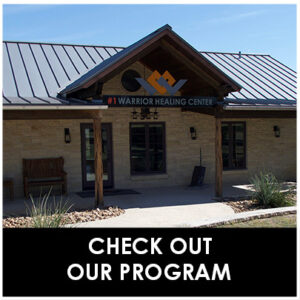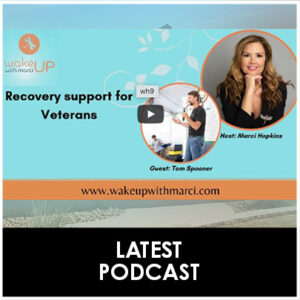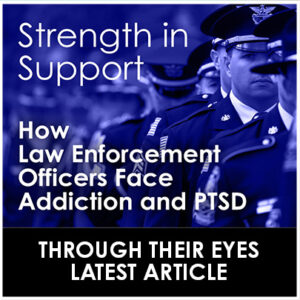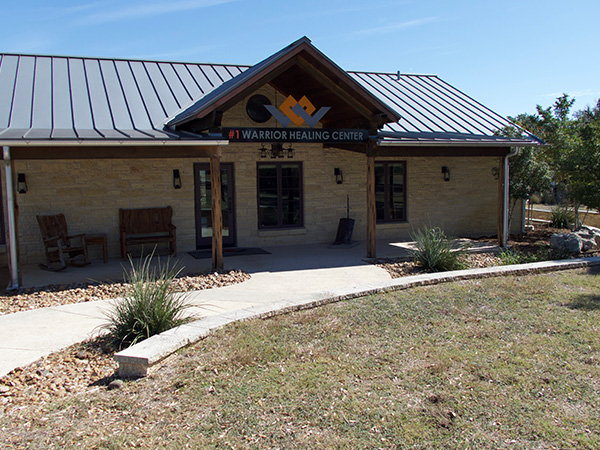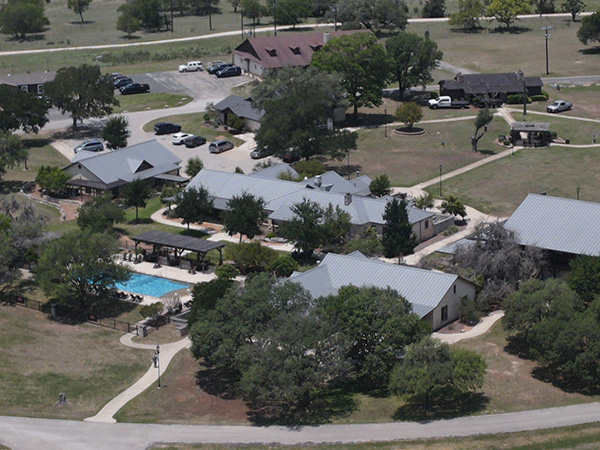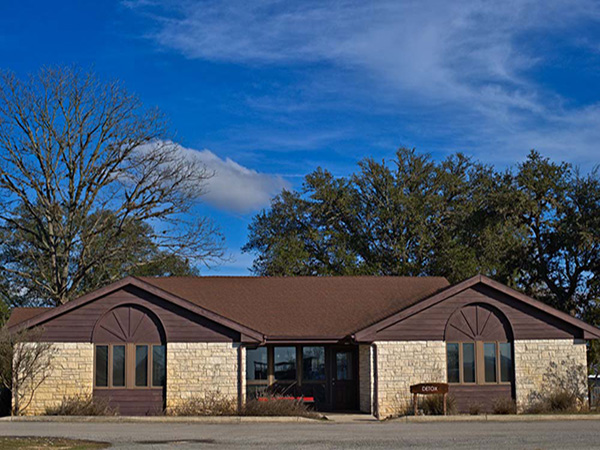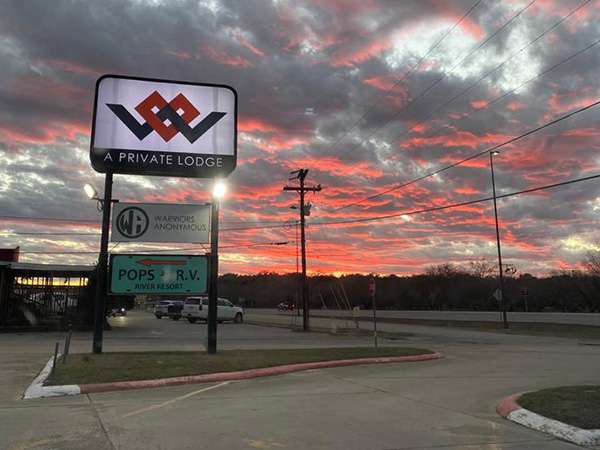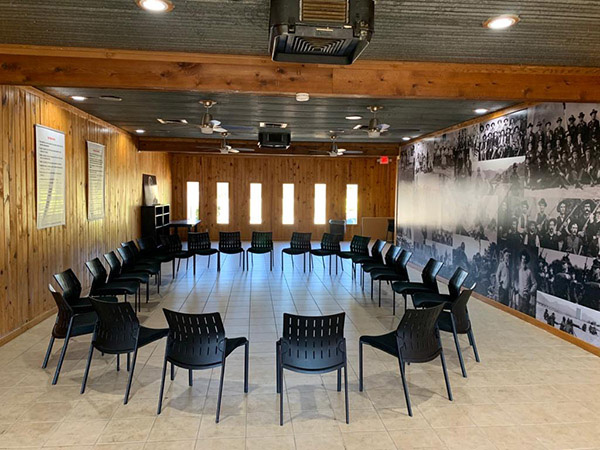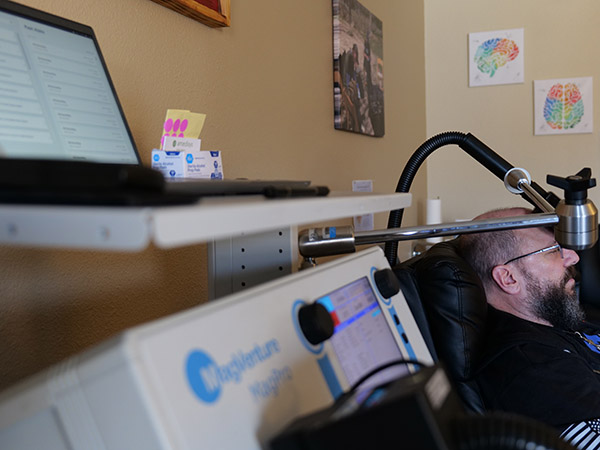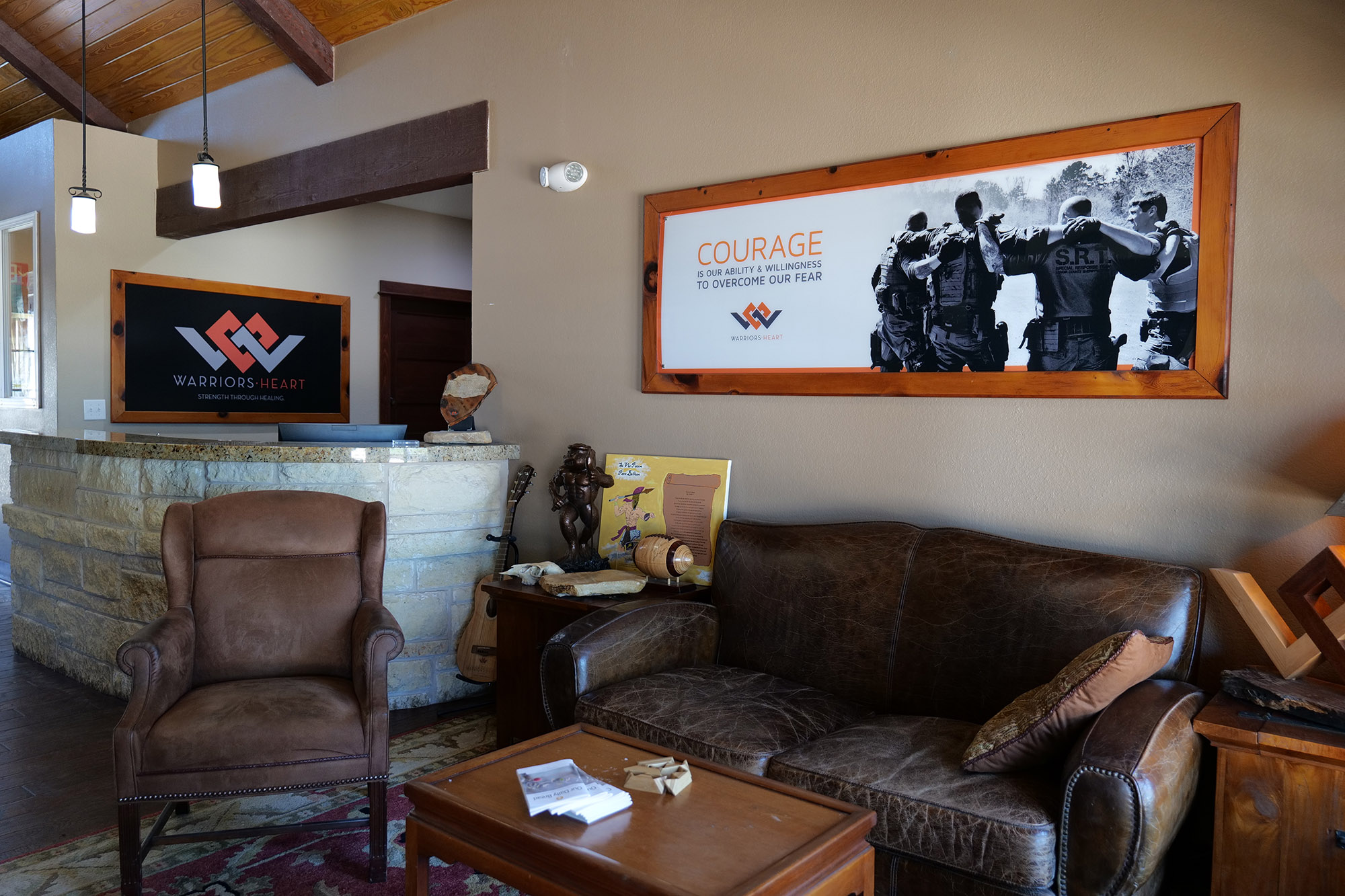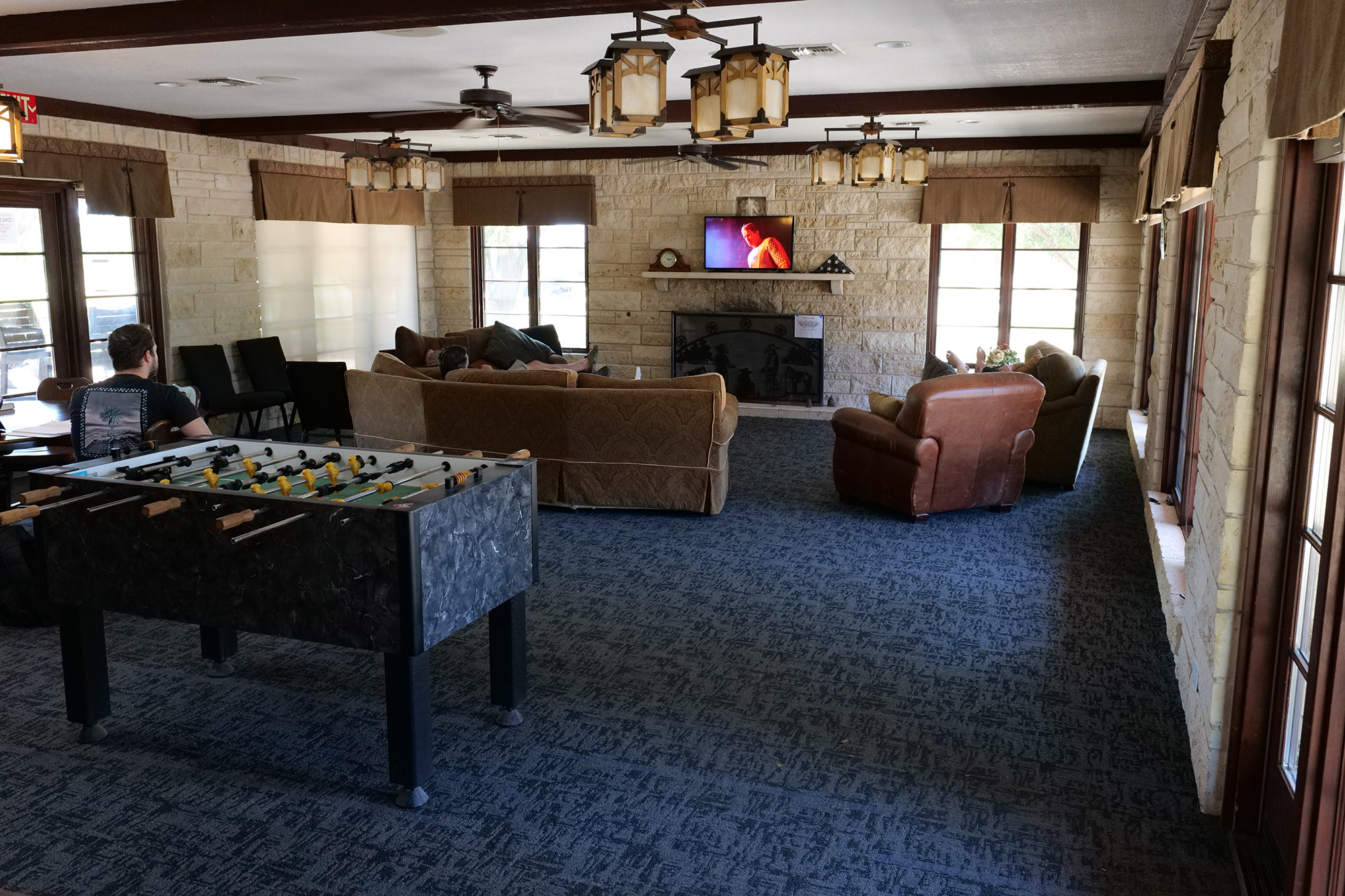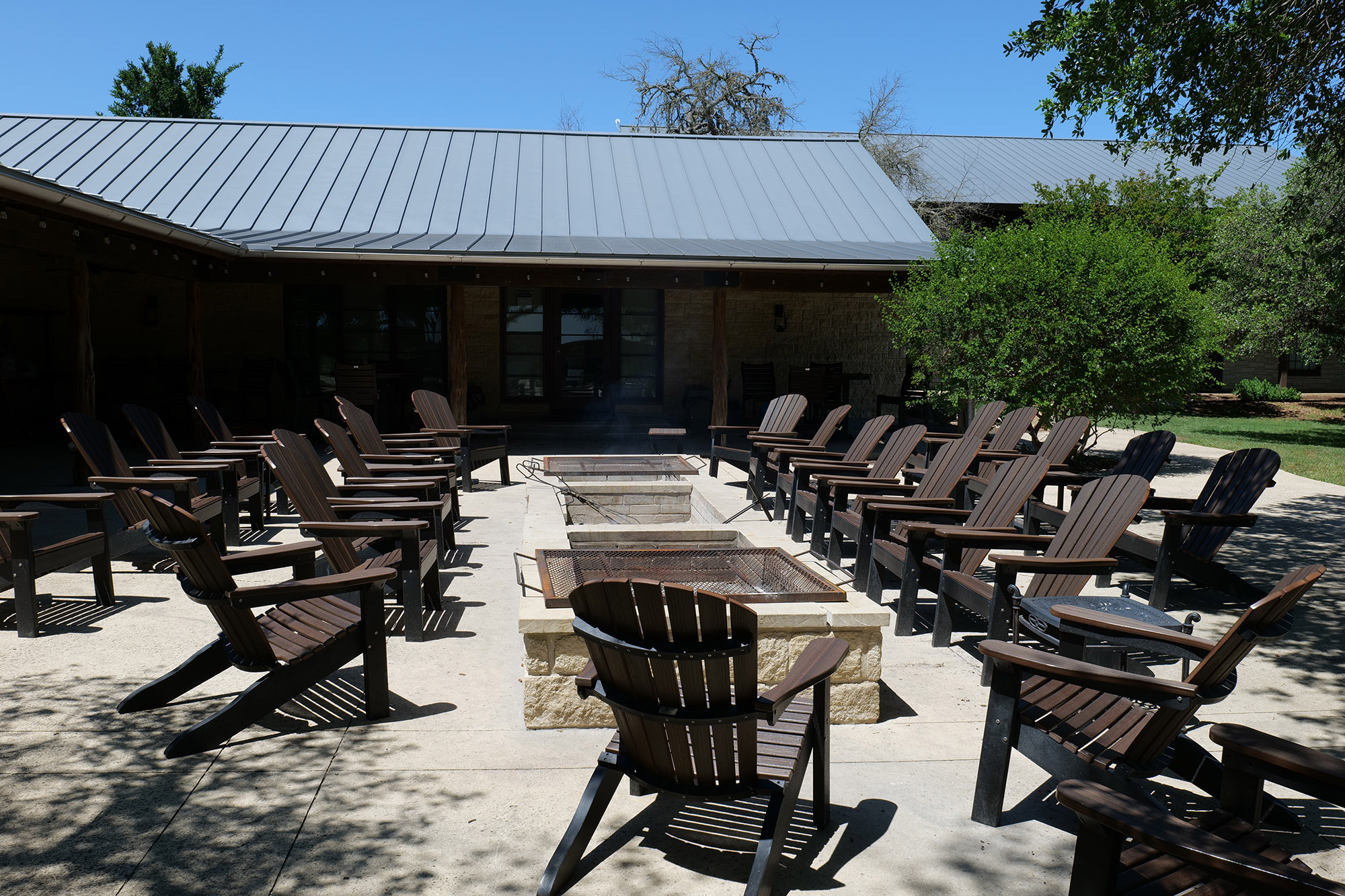Paramedics, Emergency medical technicians (EMTs), and other members of EMS (Emergency Medical Services) work long hours each day in order to save the lives of civilians. The need to act swiftly and without a mistake in order to save the life of someone else can be overwhelming. As a result, many turn to alcohol and drug use to cope with the vivid memories they experience throughout their shifts, while others develop PTSD as a result of exposure to traumatic events.
For friends and family this is a slow and painful event to witness. It’s important to be aware of the warning signs that could lead to PTSD or drug abuse so that you can take action and potentially save their life.
In order to provide the best treatment possible, we only accept those who suffer from addiction by itself or in conjunction with psychological disorders such as PTSD.

